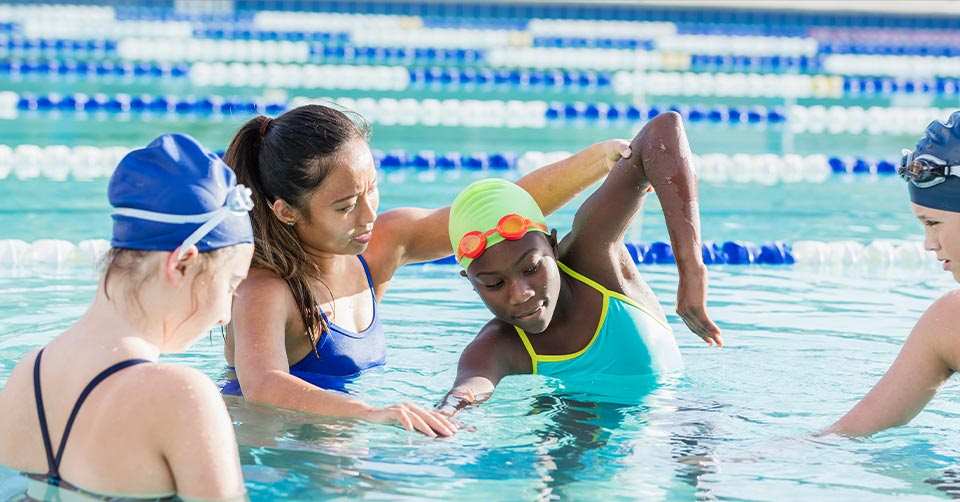In the US there is a population that doesn't know how to swim that is disproportionate to the overall population. Even among themselves there is not just an acceptance of they don't know how to swim, but they in fact can't swim. This is totally due to the inherent bigotry and racism that the country was founded on and continues to this day.
It is purely a matter of oppression/segregation from the earliest days when facilities were denied to them and that continues in some parts of the country to this day.
It has been proven over and over that they can learn to swim when give the opportunity. But, there are still SCUBA instructors who don't believe the people can swim.
I have seen that same prejudice towards Asians right here on this board in comments by instructors that teach in Okinawa, Guam, Japan, China, and Korea.
It's complete BS. Watch any Olympic Games. But the crap still gets vomited out of the mouths of these ignorant bigots.





